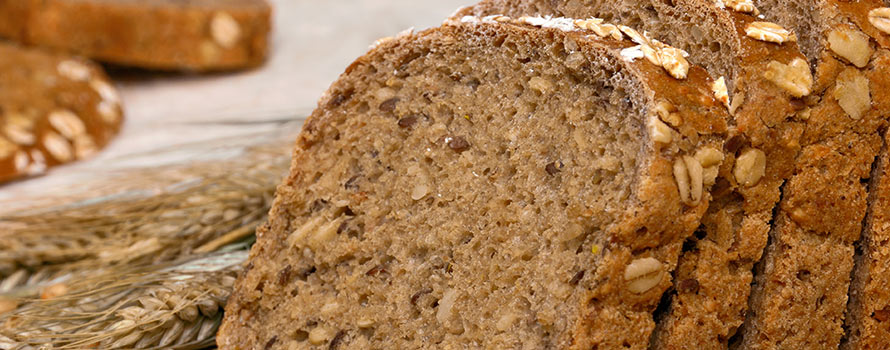
Fibre is a complex carbohydrate found in a wide variety of fruits and vegetables, and a vital part of any healthy diet, despite being indigestible. It is commonly referred to as roughage.
Conventional wisdom on the impact of fibre on IBS symptoms has changed over the years. Traditionally, a high-fibre diet was encouraged to reduce spasms, but more recent studies have questioned this. The current consensus is that it is the type of fibre that is critical to an irritable bowel syndrome diet.
Soluble fibre is found in oats, nuts, seeds, some vegetables (such as potatoes), some fruits (mostly citrus) and beans. Insoluble fibre is found in some cereals (especially bran or wholegrain), rice, nuts and the skins of some fruit and vegetables.
Soluble fibre can help if you have either diarrhoea or constipation. It absorbs water in the gut and softens and swells the size of stools, slowing them down if you have diarrhoea and making them much easier to pass if you have constipation. Insoluble fibre helps some people, especially those with constipation, but has been known to make IBS symptoms worse. Bran, in particular, may aggravate existing symptoms.
Both kinds of fibre are considered to be part of a healthy diet, so vary your intake of both from multiple sources and monitor the results. If you find it hard to eat sufficient fibre in a natural diet, consider fibre supplements but take advice on this. Find what works for you and stick to it.
Foods containing soluble fibre include:
- Potatoes
- Apples
- Oranges
- Lemons
- Limes
- Bananas
- Oats
- Barley
- Cooked beans
- Most vegetables (peeled)
- Cooked Lentils
- Peas
- Broccoli
- Carrots
- Dried raisins, dates etc
- Cranberries
- Redcurrants
- Grapefruit
- Sesame seeds
Foods containing insoluble fibre include:
- Cereals
- Bran
- Wheat
- Rye
- Whole grains
- Fruit skins
- Vegetable skins
- Wheat
- Rye
- Rice
- Nuts
- Sprouts
- Grapes
- Cherries
- Pineapple
- Peaches and nectarines
- Rhubarb
While fibre makes stools easier to pass in those with IBS, don’t avoid fibre if you have diarrhoea, as evidence suggests that fibre may also help protect against heart disease and some types of cancer. If you suffer from diarrhoea, try eating more soluble rather than insoluble fibre, as it stays in the gut longer and may help to promote regularity. NICE (The UK National Institute for Health and Clinical Excellence) advises that increasing fibre in the diet should be done gradually, to avoid making symptoms worse, then adjusted according to its effect.
Figuring out what kind of fibre intake works for you is a big step in actively managing your IBS, especially once you’ve discovered what other foods and drink affect your IBS.

